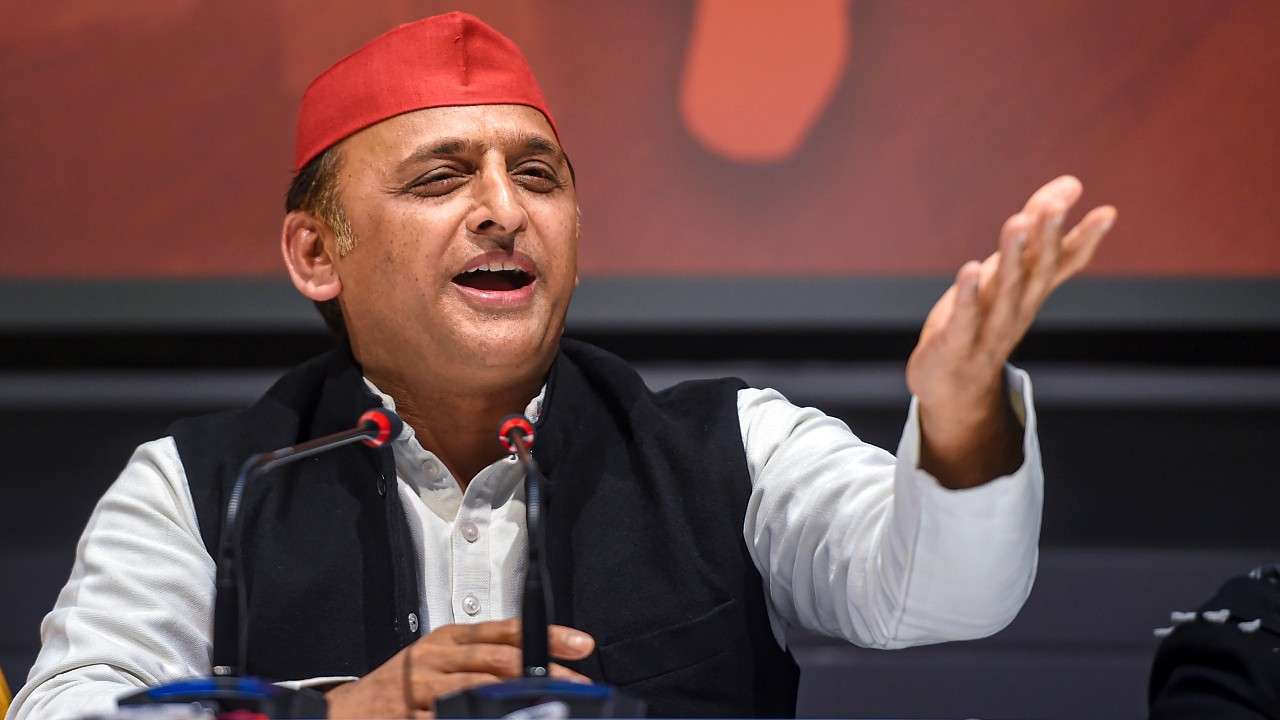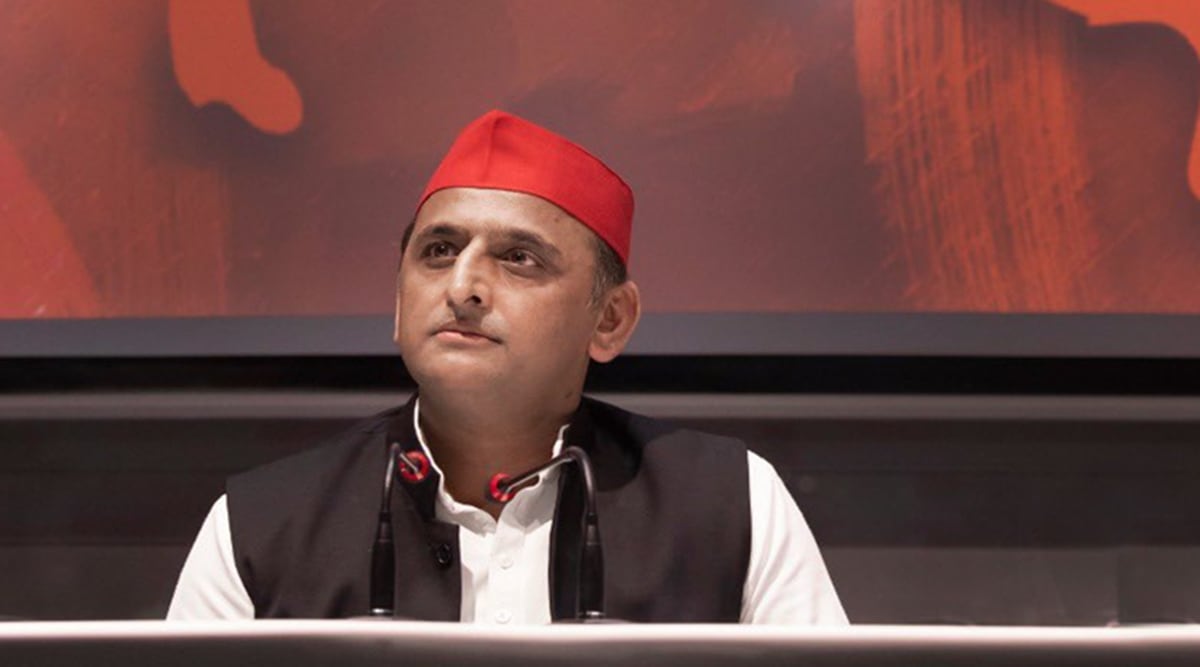‘Mungeri Lal ke…’: BJP mocks ‘future PM Akhilesh Yadav’ hoarding in Lucknow

‘Mungeri Lal ke…’: BJP mocks ‘future PM Akhilesh Yadav’ hoarding in Lucknow
The reappearance of the hoarding outside the Samajwadi Party’s office in Lucknow, Uttar Pradesh, once again featuring the label ‘future prime minister’ in reference to Akhilesh Yadav has rekindled public interest and speculation regarding the political ambitions of the Samajwadi Party.
The hoarding’s resurgence has underscored the party’s steadfast support and aspiration for Akhilesh Yadav to assume the position of the prime minister of India. Fakhrul Hasan Chand, the party’s spokesperson, reiterated this sentiment, emphasizing the collective desire of the Samajwadi Party leaders and workers to see Yadav ascend to the highest political office in the country. Chand’s comments, citing the unfulfilled dream of the party’s founding leader, Mulayam Singh Yadav, to become the prime minister, reflect the enduring commitment and political fervor within the party.
The hoarding’s previous installation in July to commemorate Akhilesh Yadav’s 50th birthday further highlights the party’s consistent and vocal support for his leadership and the significance attributed to his political trajectory within the Samajwadi Party.
The resurgence of the hoarding has prompted discussions about the party’s vision and its strategic positioning in the broader political landscape, particularly within the context of Uttar Pradesh’s political dynamics and the upcoming national elections.

The statements made by the Samajwadi Party’s spokesperson, Fakhrul Hasan Chand, regarding the party’s support for Akhilesh Yadav as the potential prime ministerial candidate for the 2024 Lok Sabha Elections indicate a strong endorsement of Yadav’s leadership within the party. The absence of a formal announcement by the INDIA alliance regarding its prime ministerial candidate highlights the anticipation surrounding the upcoming electoral dynamics and the strategic positioning of various political parties.
Chand’s assertion that the Samajwadi Party is uniquely positioned to challenge the Bharatiya Janata Party (BJP) in the upcoming elections reflects the party’s confidence in its ability to compete and potentially emerge victorious. His remarks convey the party’s unwavering determination to present itself as a formidable opposition to the ruling party.

In response to Chand’s statements, the Bharatiya Janata Party (BJP) leader and Uttar Pradesh Minister Danish Azad Ansari employed a proverbial jab, suggesting that the Samajwadi Party’s ambitions might be akin to “daydreaming.” The use of the “Mungeri Lal Ke Haseen Sapne” analogy implies a skepticism regarding the feasibility of the Samajwadi Party’s aspirations. This retort by Ansari emphasizes the competitive and critical nature of the political discourse, particularly in the lead-up to significant elections.
As political rhetoric intensifies, it is likely that such exchanges will continue to characterize the discourse between opposing parties in the political arena, reflecting the fervor and competition prevalent in the Indian political landscape.
The statement by Danish Azad Ansari, emphasizing the trust of the people in Prime Minister Modi’s leadership and expressing confidence in his potential re-election for a third term as Prime Minister, reflects the Bharatiya Janata Party’s (BJP) unwavering support for its leader and its commitment to the continuation of the development agenda under his leadership. Ansari’s remarks echo the broader narrative propagated by the BJP, highlighting the party’s achievements and initiatives under the Modi government, with a focus on economic and infrastructural development.
The emerging tensions between the Samajwadi Party and its alliance partner, the Congress, add a layer of complexity to the political landscape, particularly in the context of the upcoming Madhya Pradesh Assembly Elections. Akhilesh Yadav’s criticism of the Congress party for the lack of a mutually agreeable seat-sharing strategy suggests underlying disagreements within the alliance. Yadav’s prioritization of the ‘PDA’ strategy, focusing on marginalized communities such as the backwards, Dalits, and minorities, underscores the Samajwadi Party’s commitment to its core voter base and its independent electoral strategy.
The apparent discord within the INDIA alliance may have implications for the political dynamics in the region, potentially shaping the alliances and strategies of various political parties in the lead-up to the elections. As the political climate continues to evolve, the intricate interplay between various political factions and the shifting dynamics of alliances will continue to influence the narrative of the upcoming electoral contests.




